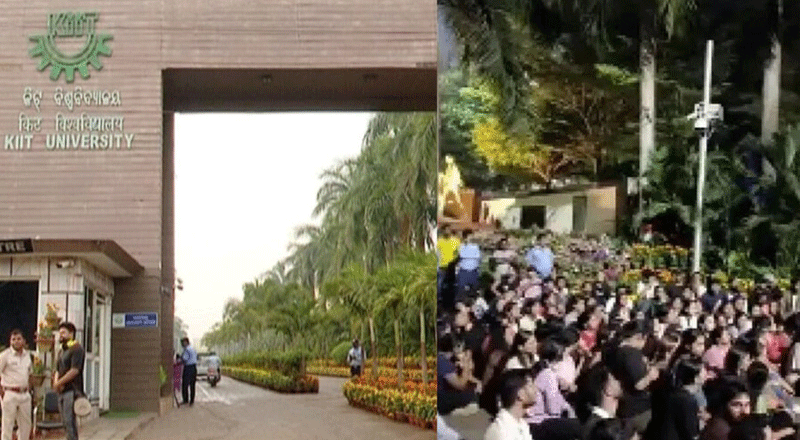- In a ground-breaking leap forward for education, a School in Thiruvananthapuram, Kerala, has ushered in a new era with the introduction of Iris, India’s first humanoid robot teacher.
- Iris represents the vanguard of technological innovation in the realm of education, poised to transform traditional teaching paradigms and enhance learning experiences.
-
Through ATL, the School has embraced cutting-edge technologies to augment its educational offerings, positioning itself at the forefront of educational excellence.
- Iris fosters critical thinking, creativity, and problem-solving skills among students, preparing them to thrive in an increasingly complex and interconnected world.
- Iris represents a paradigm shift in educational practices, heralding a future where humans and machines collaborate synergistically to unlock the full potential of every learner.
In a ground-breaking leap forward for education, KTCT Higher Secondary School in Thiruvananthapuram, Kerala, has ushered in a new era with the introduction of Iris, India’s first humanoid robot teacher. Developed through a collaborative effort with Makerlabs Edutech, Iris represents the vanguard of technological innovation in the realm of education, poised to transform traditional teaching paradigms and enhance learning experiences.
The genesis of Iris lies in the Atal Tinkering Lab (ATL) initiative spearheaded by NITI Aayog, which seeks to cultivate innovation and creativity among students by fostering a conducive environment for hands-on learning and experimentation. Through ATL, KTCT School has embraced cutting-edge technologies like AI to augment its educational offerings, positioning itself at the forefront of educational excellence in the region.
Unveiled amid much anticipation, Iris has captured the imagination of students and educators alike with its array of advanced features and interactive capabilities. Equipped with multilingual proficiency, Iris can communicate fluently in multiple languages, ensuring inclusivity and accessibility for students from diverse linguistic backgrounds. Its ability to answer complex questions across various subjects, provide personalized voice assistance, and maneuver through classroom spaces on wheels underscores its versatility and adaptability.
At its core, Iris embodies the convergence of Robotics and Generative AI technologies, powered by a dedicated Intel processor and coprocessor. This formidable combination empowers Iris to perform a myriad of teaching tasks seamlessly, from delivering engaging lessons to facilitating interactive discussions and guiding students through problem-solving exercises. Moreover, its user-friendly Android app interface enables effortless interaction, allowing educators to tailor learning experiences to meet the individual needs of students effectively.
Makerlabs Edutech, the visionary force behind Iris’s development, heralds its creation as a seminal achievement in the field of educational robotics. By harnessing the transformative potential of AI, Iris promises to revolutionize the educational landscape, offering a glimpse into a future where technology complements and enhances the role of educators in shaping young minds.
The impact of Iris on education extends far beyond its technological novelty; it signifies a fundamental shift in pedagogical approaches towards more personalized, student-centric learning models. Through its innovative design and interactive features, Iris fosters critical thinking, creativity, and problem-solving skills among students, preparing them to thrive in an increasingly complex and interconnected world.
As Kerala’s educational ecosystem evolves to embrace the possibilities of AI, Iris stands as a beacon of innovation and progress, embodying the state’s commitment to excellence in education. Its deployment at KTCT School heralds a new chapter in the region’s educational journey, where technology catalyzes transformation, empowerment, and inclusive growth.
In conclusion, Iris represents a paradigm shift in educational practices, heralding a future where humans and machines collaborate synergistically to unlock the full potential of every learner. As Iris takes its place at the forefront of Kerala’s educational revolution, it underscores the power of technology to inspire, engage, and empower students, paving the way for a brighter and more inclusive future for education in India.
(With inputs from agencies)





